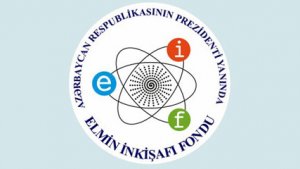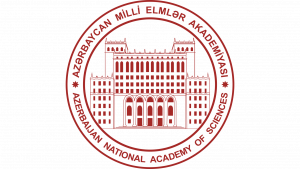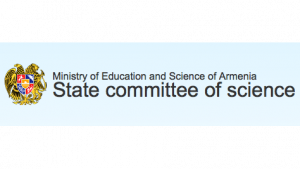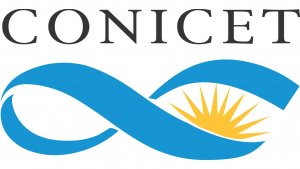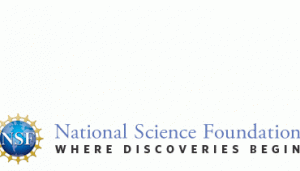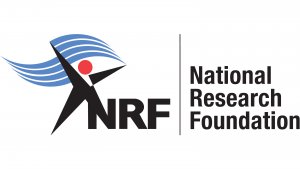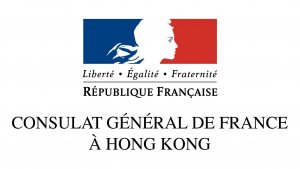Responsible Research and Innovation (RRI) in support of sustainability and governance, taking account of the international context
This topic will contribute to the implementation of Principle 10 of the 1992 Rio Declaration on strengthening access to information, public participation, and access to justice, and the ensuing UNEP/UNITAR Bali Guidelines for National Action Plans, as well as other Rio principles. This topic will promote the uptake of responsible research and innovation within the context of sustainability actions, by involving multiple actors including researchers/academia, policy makers, industry/business and society to co-create solutions relevant to the further implementation of the Rio Declaration.
